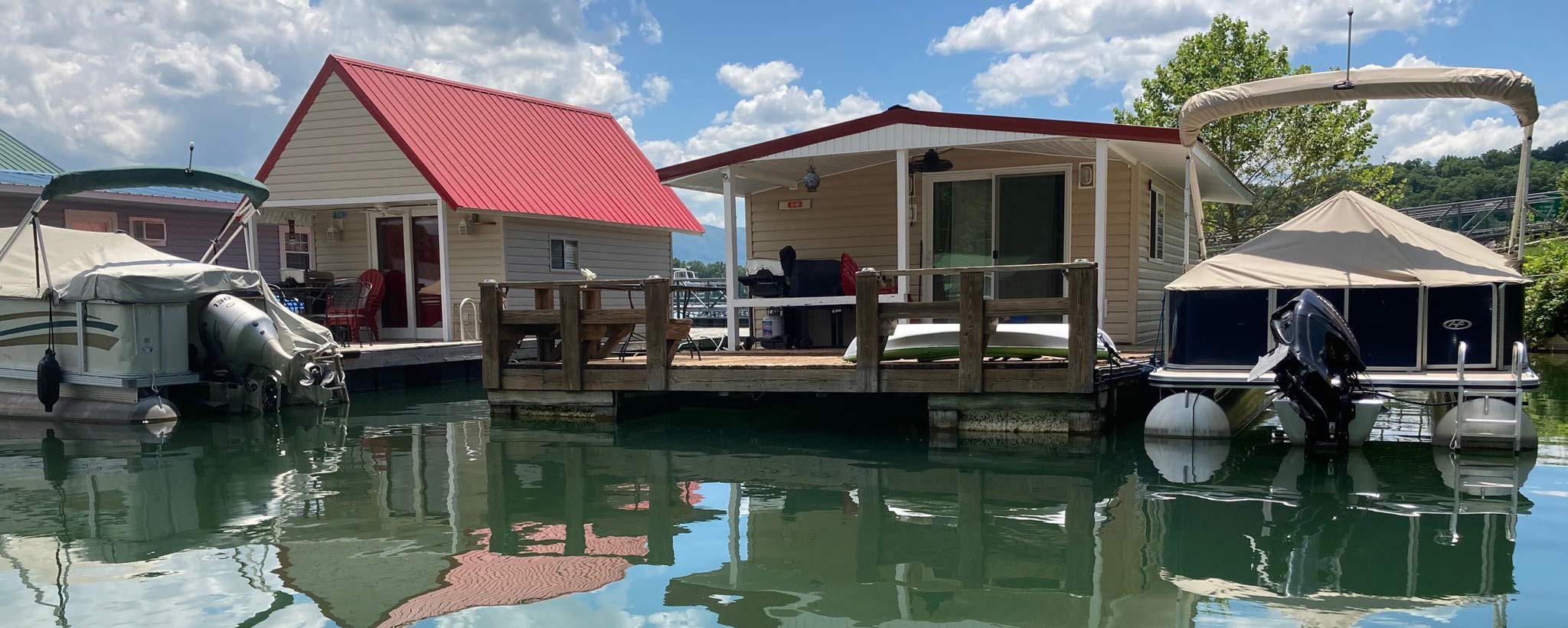
They are allowed to use as much water as they want, so long as their water use does not infringe on the water rights of neighbors. In Maine, property owners also own the groundwater underneath their land. You also need an NRPA permit for construction next to rivers, lakes, streams, ponds, wetlands, and protected areas. Larger ponds may need an individual permit. If the pond will be located near a river, stream, brook, or saltwater body, then you will need a permit from the Maine DEP.ĭepending on the type of pond, you can apply for the Permit-by-rule or the Irrigation Pond General Permit program (IPGP). In upland and isolated freshwater wetlands, you usually don’t even need a permit for a small pond. It is legal to dig a pond on your property in Maine. After completion, you must send photos to the Maine DEP. You just need to submit an application, and if the application isn’t denied, you can start work within 14 days. The system clearly explains which methods are allowed. Luckily, the state has made getting these permits for small projects fairly easy thanks to their Permit-by-rule (PBR) system. You will also need a permit whenever you dig near a water body in Maine. You will often only get a permit if the system returns the water to its original source – such as digging irrigation canals that lead back to the stream. Diverting Surface Waterĭiverting water from a stream or river is sometimes legal in Maine. Where you might come in trouble under the law is if you are withdrawing water from a wetland zone. Most agricultural uses are also permitted under the law. Under the law, you are generally allowed to use as much surface water as you want so long as it is for domestic use. If the water is not navigable, then it can be privately owned. However, the public has the right to use the water. In Maine, the state owns all navigable surface water below the low tide mark. The main legal issues you might encounter are getting permits for projects that upset sensitive lands or water bodies. Maine is water-rich, so getting water for your off-grid property isn’t an issue. Getting a permit for hydropower or wind power is more complicated. You will need a permit for larger solar energy systems in Maine, but the process is generally relatively easy.
BUILDING A LOG CABIN REGULATIONS INSTALL
If you want more freedom, you’ll likely need to put your mobile home on a permanent foundation and install an approved onsite sewage treatment system. However, zoning laws can still limit where mobile homes are allowed to be. The state law says that local counties cannot require mobile home parks to be larger than a certain size. Maine is a surprisingly friendly state for mobile homes. The law also states that counties cannot make laws requiring manufactured homes to be more than 14 feet wide (which would make many tiny homes illegal). The state law states that counties must treat manufactured homes the same way they treat single-family dwellings. Maine zoning laws are very friendly towards the tiny home movement. Remember this before you buy property in Maine near a body of water. For example, there are limits on how much vegetation you can clear off your land, maximum home sizes, and setbacks. There are many restrictions on what you can do on shoreland. 75 feet of the high-water line of certain streams.250 feet of the upland edge of a coastal wetland or freshwater wetland.250 feet of the normal high-water line of a river, great pond, or saltwater body.Under Maine law, shoreland is any area within: One area where you may have issues with zoning laws is if you are in a Shoreland Zone.


Many areas of Maine are rural, and the zoning laws allow you to farm or make a living from your land. While Maine zoning laws are usually very detailed, they typically do not prevent you from living off-grid. Maine Zoning Laws and Off-Grid LivingĪs in all states, local zoning laws in Maine will ultimately determine what you can legally do on your property. If you want to live legally off the grid in the state, you must get a permit for everything, meet strict regulations, and deal with inspections. However, virtually all aspects of life in Maine are highly regulated. The laws are generally favorable towards off-grid systems. Off-grid living is entirely legal in Maine, and it is also very common.


 0 kommentar(er)
0 kommentar(er)
